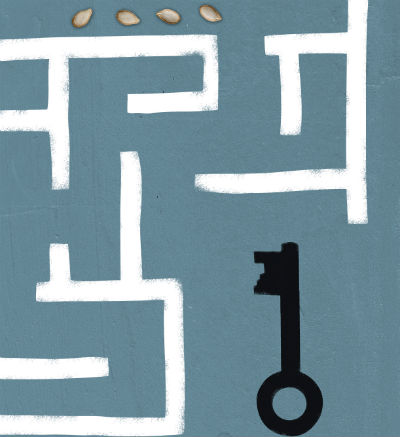Submitted by Crintern on
This report is part of CRIN's access to justice for children project, looking at the status of the CRC in national law, the status of children involved in legal proceedings, the legal means to challenge violations of children’s rights and the practical considerations involved in challenging violations.
Fiji’s legal system has begun to emerge from a period of uncertainty since its new constitution came into force in September 2013, though how courts will make use of international treaties such as the Convention on the Rights of the Child under the new legal regime remains to be seen. Courts have been willing to make use of the CRC in the past, but the new Constitution permits but no longer requires courts to do so. Children and their representatives are able to access a range of complaints mechanisms, from the Human Rights Commission - which can bring suits in the High Court - to constitutional complaints and private criminal prosecutions. However, customary justice mechanisms, which are used as an informal form of dispute resolution, have been criticised as “upholding an inequitable status quo … while discriminating against children, youth and women.” Though the Legal Aid Commission can provide free or low cost legal assistance, its services are limited, as is the availability of pro-bono assistance on the islands.

